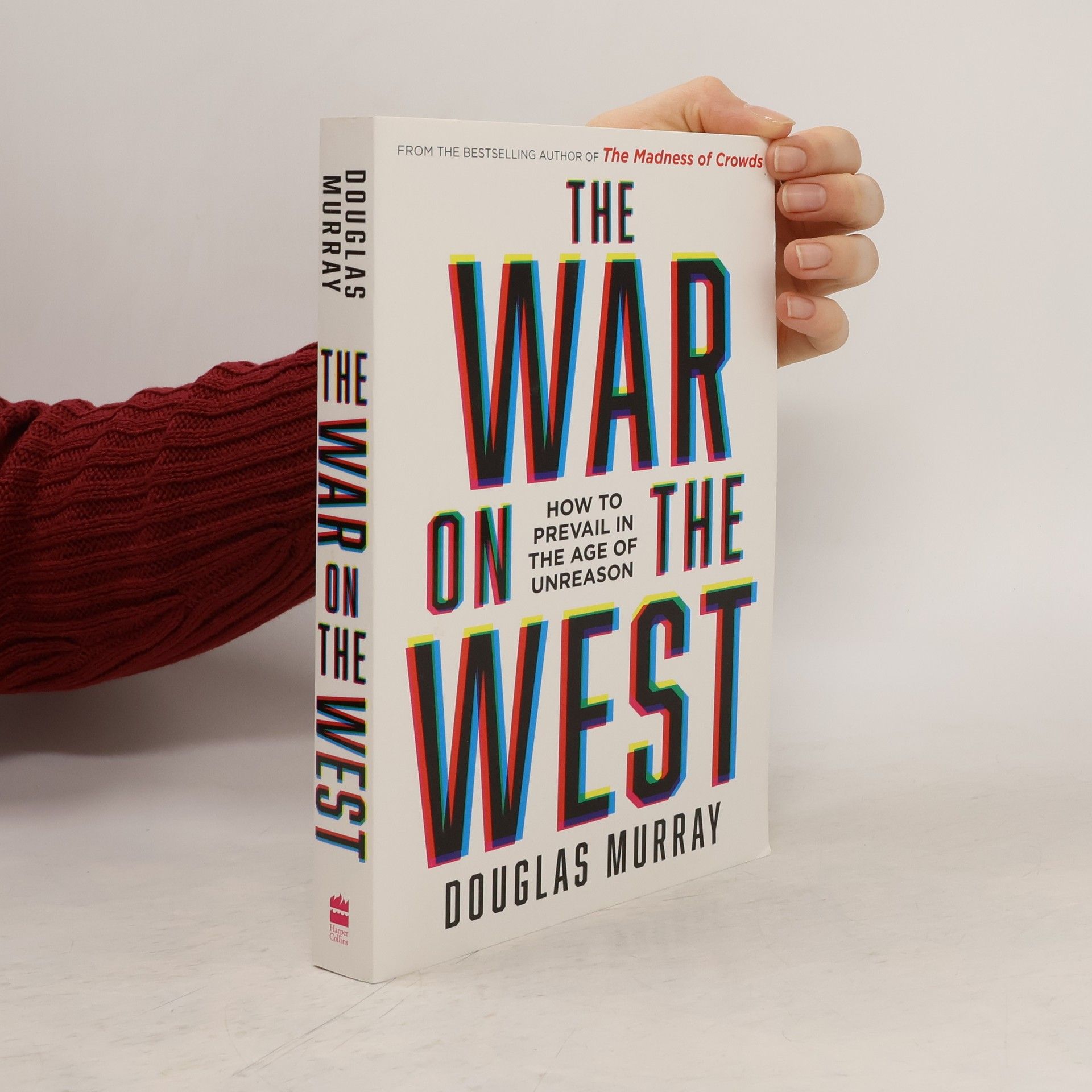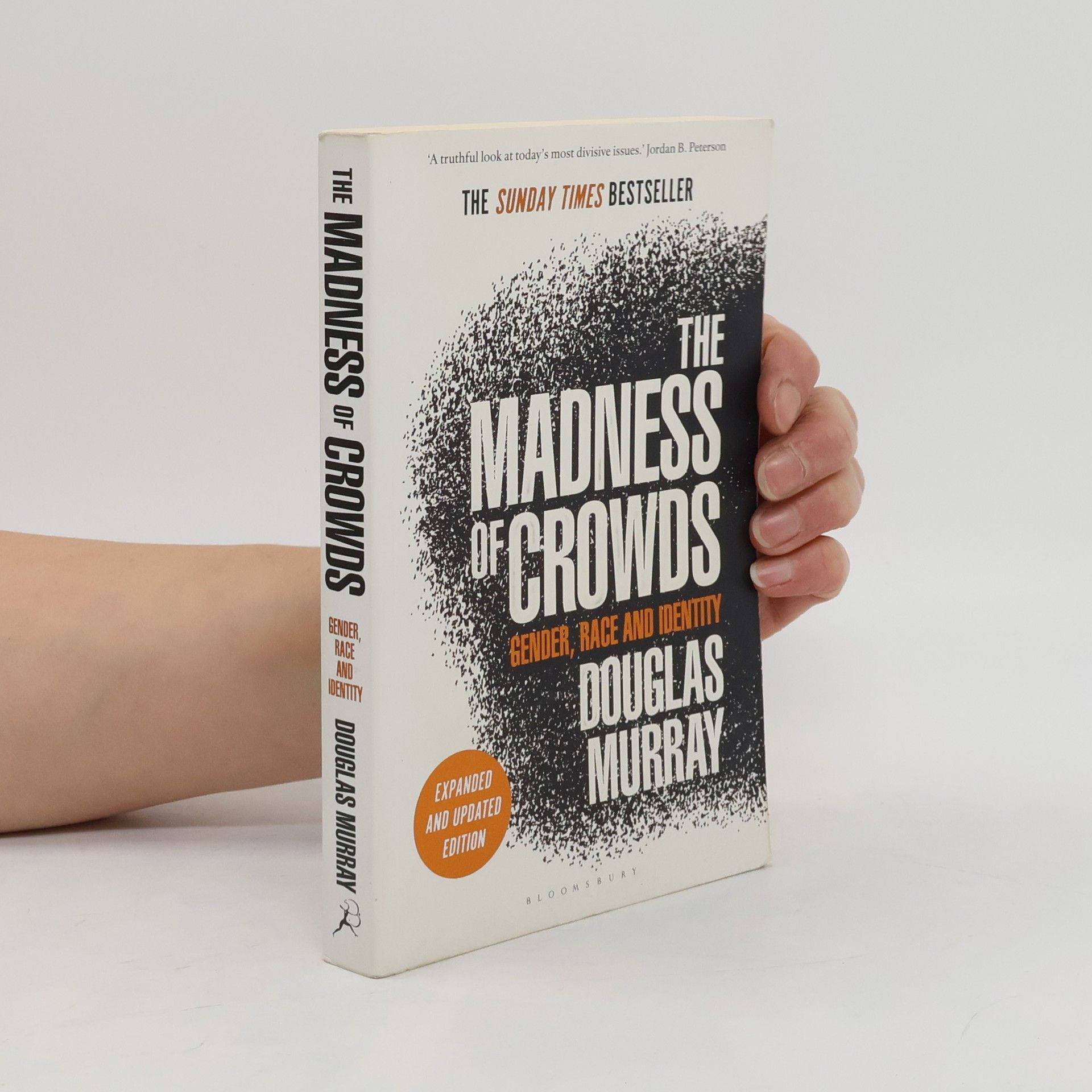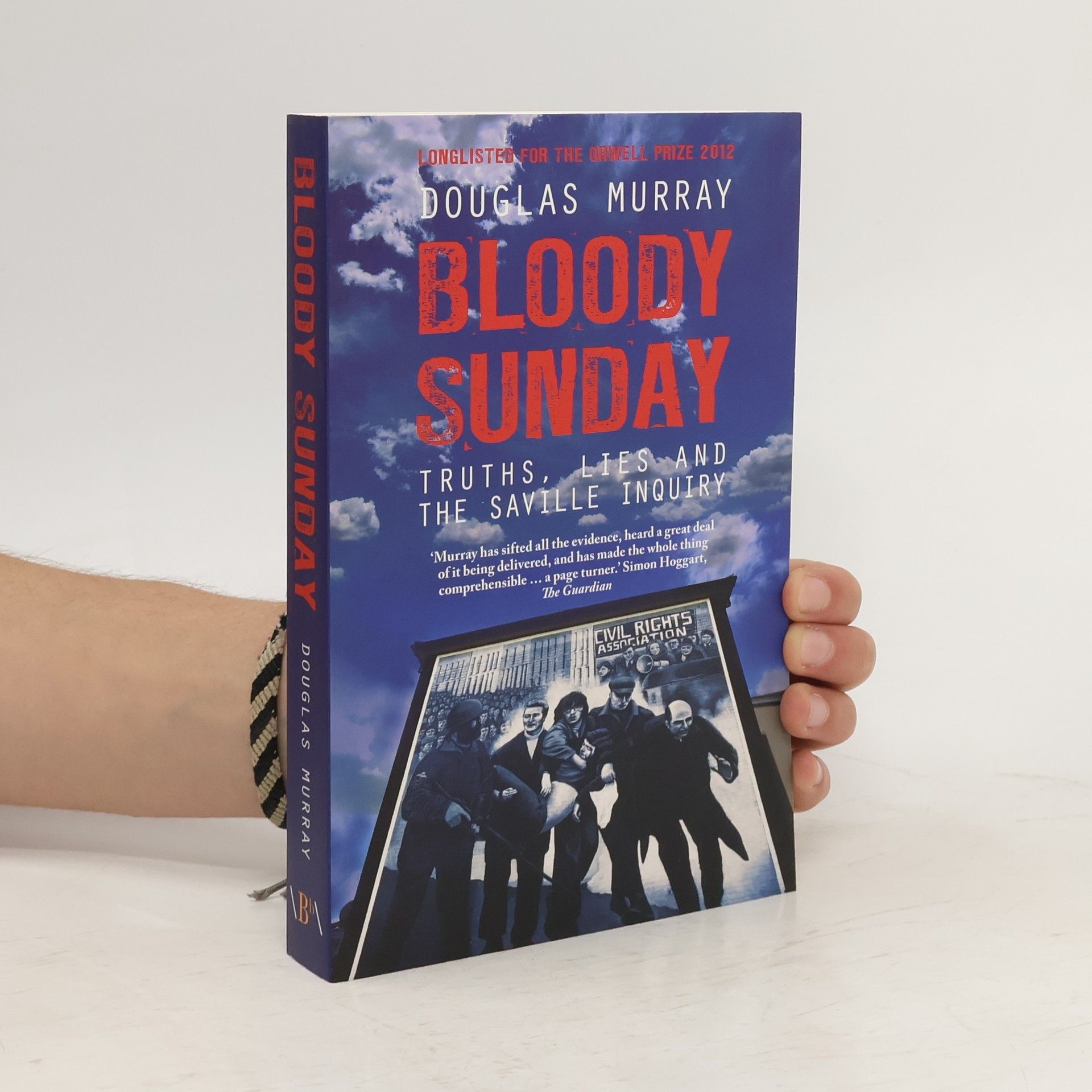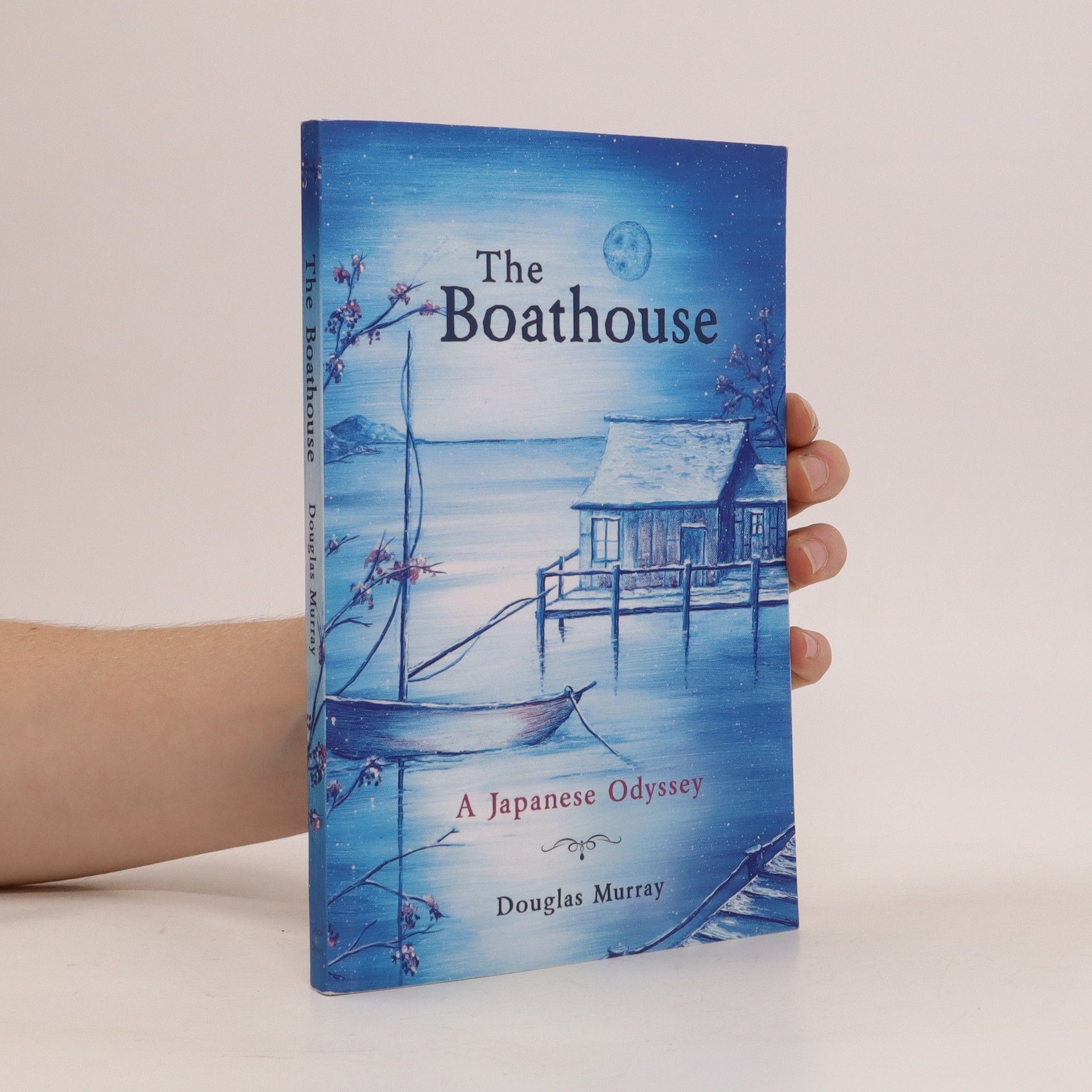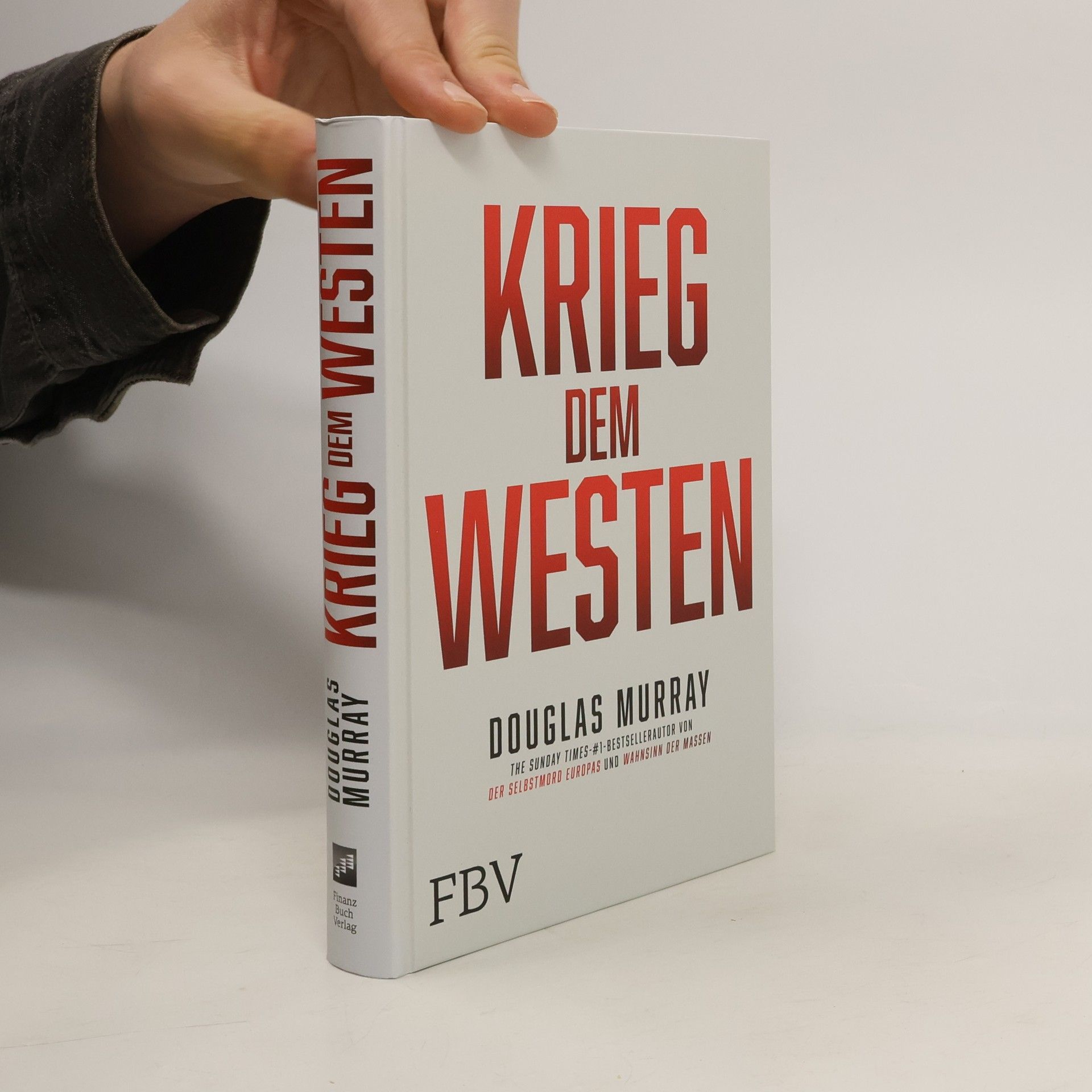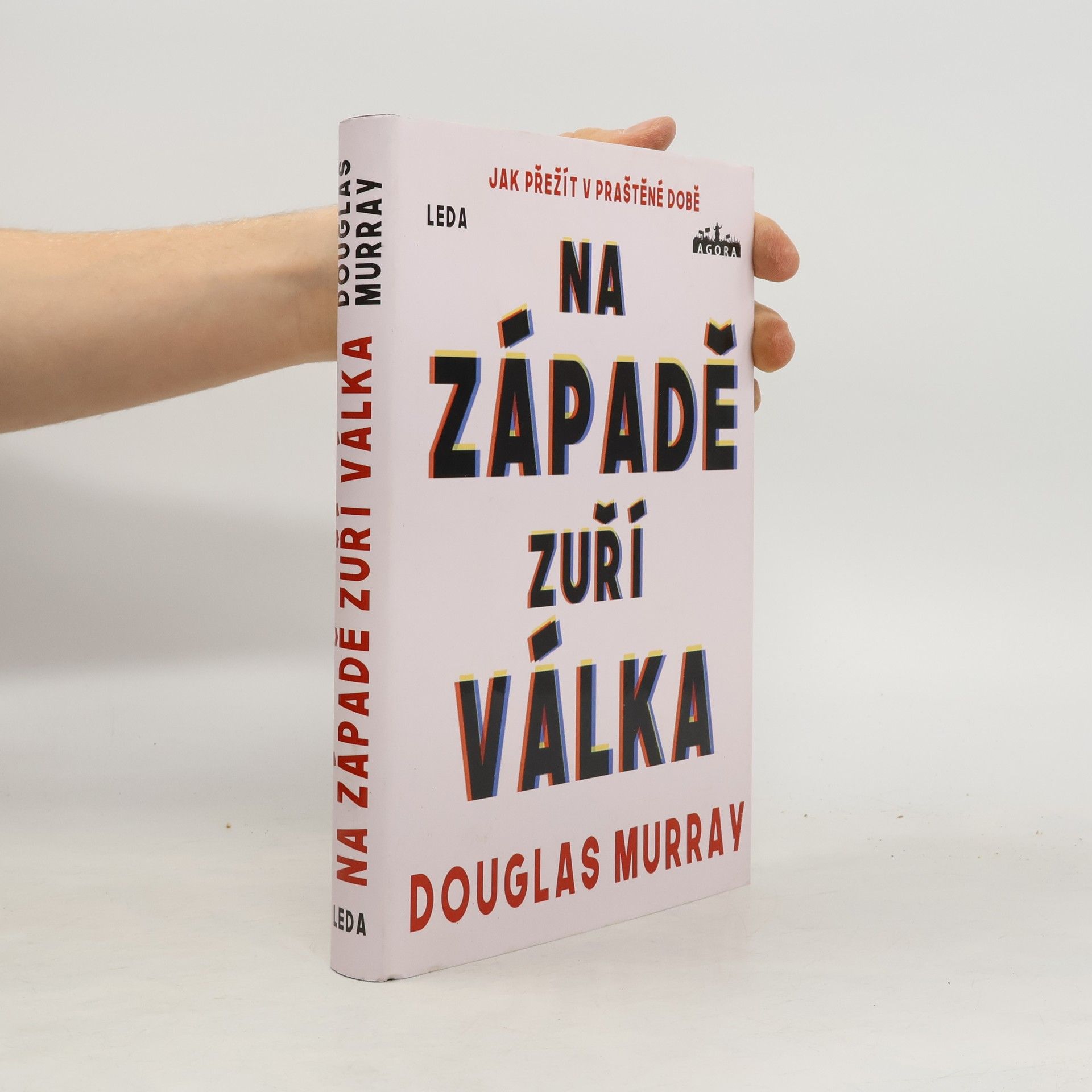O demokraciách a kultoch smrti: Izrael, Hamas a budúcnosť Západu
- 232 pages
- 9 hours of reading
Britský novinár a publicista Douglas Murray prináša v knihe O demokraciách a kultoch smrti reportáž z Izraela, Gazy a Libanonu, v ktorej zasadzuje blízkovýchodný konflikt a eskaláciu násilia do historického a politického kontextu. Autor berie čitateľov na neľahkú, no mimoriadne dôležitú cestu po stopách masakra zo 7. októbra a spája exkluzívne svedectvá z miesta činu s rozhovormi s politikmi, vojakmi, preživšími a dokonca aj teroristami zodpovednými za tieto zverstvá. Murray porovnáva izraelské hodnoty demokracie, slobody a ľudských práv s ideológiou Hamasu, ktorý sa hlási k autoritárstvu a extrémizmu a vyznáva kult smrti. Podľa autora je v izraelsko-palestínskom konflikte v stávke aj budúcnosť Západu. Ak sa západné sympatie voči teroristickému hnutiu – či už medzi politkmi, v akademickom prostredí alebo v médiách – nezastavia, podnietia sily, ktoré podporujú kultúru násilia a snažia sa podkopať demokratický systém. Kniha O demokraciách a kultoch smrti predstavuje povinné čítanie pre všetkých, ktorí sa snažia pochopiť existenčný zápas Izraela a jeho dôsledky pre budúcnosť demokracie.

